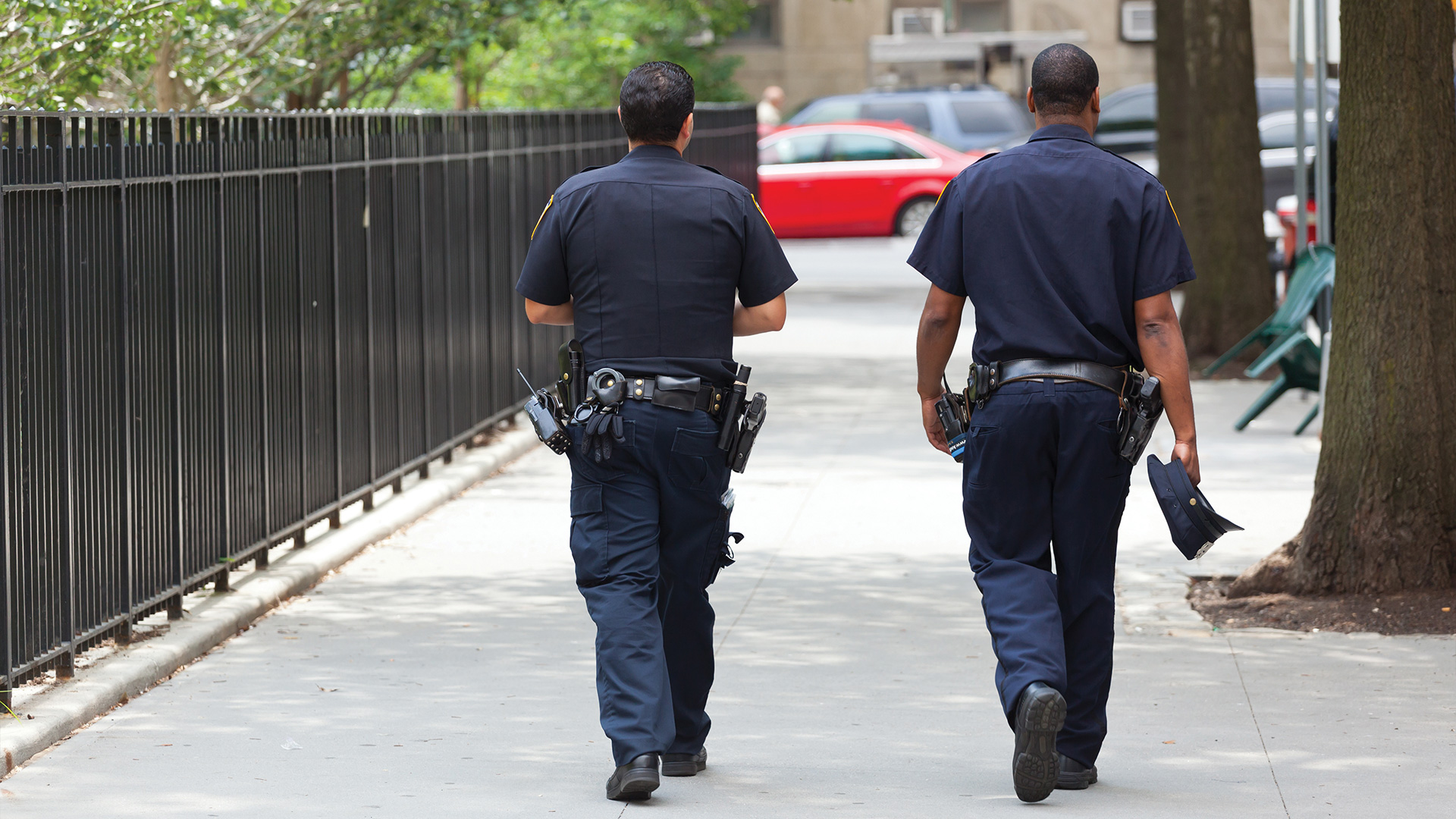
Peer support programs come in different shapes and sizes, but they should all serve a similar function. The goal is to provide law enforcement personnel the opportunity to receive support following critical incidents and during times of personal crisis. These programs also consist of family support groups, addiction support and various trainings relative to mental health. These peer teams are usually made up of both active duty and retired officers with clinical oversight. Simply, they are peer driven and clinically guided. Each member of the team should be trained in the areas of suicide, addiction and group crisis intervention and receive certifications from proven agencies like the International Critical Incident Stress Foundation (ICISF). Confidentiality and proper vetting of team members are crucial elements in creating a strong and cohesive unit officers will believe in.
Value
It’s impossible to list all the valuable elements of peer support, but I will touch upon the biggest. First, police officers are not comfortable being vulnerable or showing weakness in front of anyone. This is a real characteristic, but not a sustainable one, especially considering the things we experience. Well-trained peers provide a low-risk option for officers seeking guidance. Officers are far more likely to reach out to a peer than a mental health professional. Trained peers can confidentially facilitate a relationship between the officer and a mental health clinician who’s been vetted and specializes in law enforcement personnel. This becomes invaluable as it normalizes reactions to critical incidents by shared experiences free of judgment. Let’s face it, we are stubborn, hard-headed and sometimes too “tough” for our own good. Peers help to bridge this gap.
Officers are far more likely to reach out to a peer than a mental health professional.
Benefits
By normalizing reactions to critical incidents and talking candidly about the effects a career in law enforcement can have, we can head off issues before they spiral. It also challenges deep-rooted cultural norms that, lets face it, work on the street but can be catastrophic at home. One of the easiest and most effective forms of peer support is the cruiser-to-cruiser chat. I can’t tell you how many hours I have spent talking car to car with fellow officers. These have been some of the most rewarding hours of my career. This has become the golden venue for venting, confessing and seeking help confidentially. Let’s run through a very common and simple scenario:
Officer Smith pulls up alongside Officer Jones, who is a trained peer and parked in a vacant lot. Smith says, “Hey, Jones, you’re into that mental health shit, right?” Jones replies, “Yeah, what’s going on, brother?” Smith then proceeds to tell Jones that he thinks he’s drinking too much and having a hard time with his wife. Jones listens carefully, offers support and puts Smith in touch with the vetted team clinician. This was a very simple interaction that allowed Smith to get some help without anyone knowing. By normalizing these resources and challenging cultural norms, we can address a myriad of issues before it’s too late. This isn’t speculation or conjecture, as I’ve seen it work time and time again without anyone the wiser. That is priceless.
Seems like a no-brainer, right? Let me give you one more very common scenario. You notice Officer Smith keeps showing up late to roll call and repeatedly looks like a bag of shit. Smith used to be squared away and cheery, but now appears to be a shell of himself. Something is clearly up. You confidentially alert a trained peer to check on Smith. Before you know it, Smith is back to his old self. This sort of scenario wouldn’t be possible without an effective peer support program. In times past, Smith’s fall from grace would have just been ignored until it was too late.
The reality is, a well-crafted peer support program can save lives, families and money. It provides officers and their families with a trusted, confidential resource. Even further, officers don’t have to justify themselves to fellow officers or explain the profession. Our issues are common and consistent. We’re bonded through difficulty. Whether it’s marital, alcoholism, trauma, anger or compassion fatigue — law enforcement shares the unique burden of facing consistent and heavy issues across the board. Sure, we’re tough and resilient, but that only goes so far. When the bough breaks, the cradle will fall and the safety net should have a badge.





